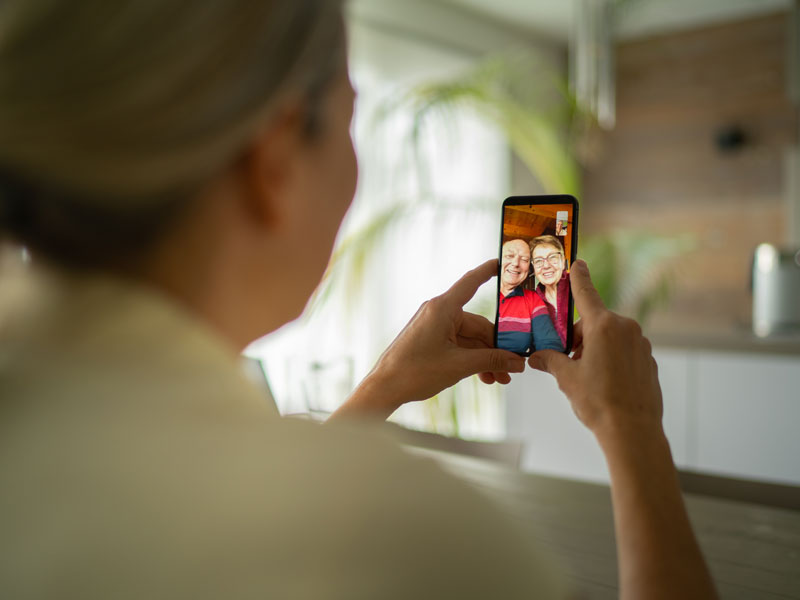Have you found your weekly call to catch up with Mom has turned into a biweekly call to help sort medical bills or remind her to pick up laundry?
You’ve become a long-distance caregiver, but you’re not alone in your new role.
According to the National Institute on Aging, it’s possible that 7 million people in the U.S. are working as informal caregivers for loved ones.
The role comes with its own challenges.
A caregiver’s role
If the notion of being a caregiver from a distance sounds strange to you, it shouldn’t.
If you’re offering assistance to your loved one in any way, you’re a caregiver.
It might be small things, like setting up automatic bill pay for your loved one, or larger things, like arranging transportation to doctor’s appointments.
Look for signs more help is needed
When you call Aunt Tillie every Sunday night, you might think she sounds fine. But listen to her tone of voice when she says she’s “just fine.” Does she really sound fine — or like she doesn’t want to be a bother?
Does Grandpa Milt ask what’s cooking every time you talk? He might not be getting enough to eat, or enough of the right kinds of foods.
Your loved one may truly be OK, but subtle clues could hint that they may need some extra help.
Another way to find out what’s going on in a loved one’s life is to reach out to the people nearby. If your dad has a weekly card game, ask his buddies how he is looking and acting. They may pick up on something you couldn’t over the phone.
Tips to keep caregiving manageable
Here are four ways to take care of your loved one from a distance.
- Provide emotional support. If your loved one seems upset about something, ask them more about it. Let them tell you how they feel. Pray with them and try to end the conversation on a positive note.
- Arrange for in-home care. Investigate the benefits of hiring professional caregivers or home health aides.
- Organize financial and medical paperwork. Be prepared. Develop a plan and have advance directives available in case of an emergency.
- Stay connected. Find as many ways as possible to stay in touch with your loved ones. Start with regularly scheduled phone calls. Send them a card, just to let them know you’re thinking of them. Look into setting up video chats. Frequent communication will limit the distance between you and your loved ones.
Learn more
- Caregiver support at the Good Samaritan Society
- 5 tips for new caregivers
- Pandemic has increased demand for home based services
…
Posted In Family Medicine, Senior Services
